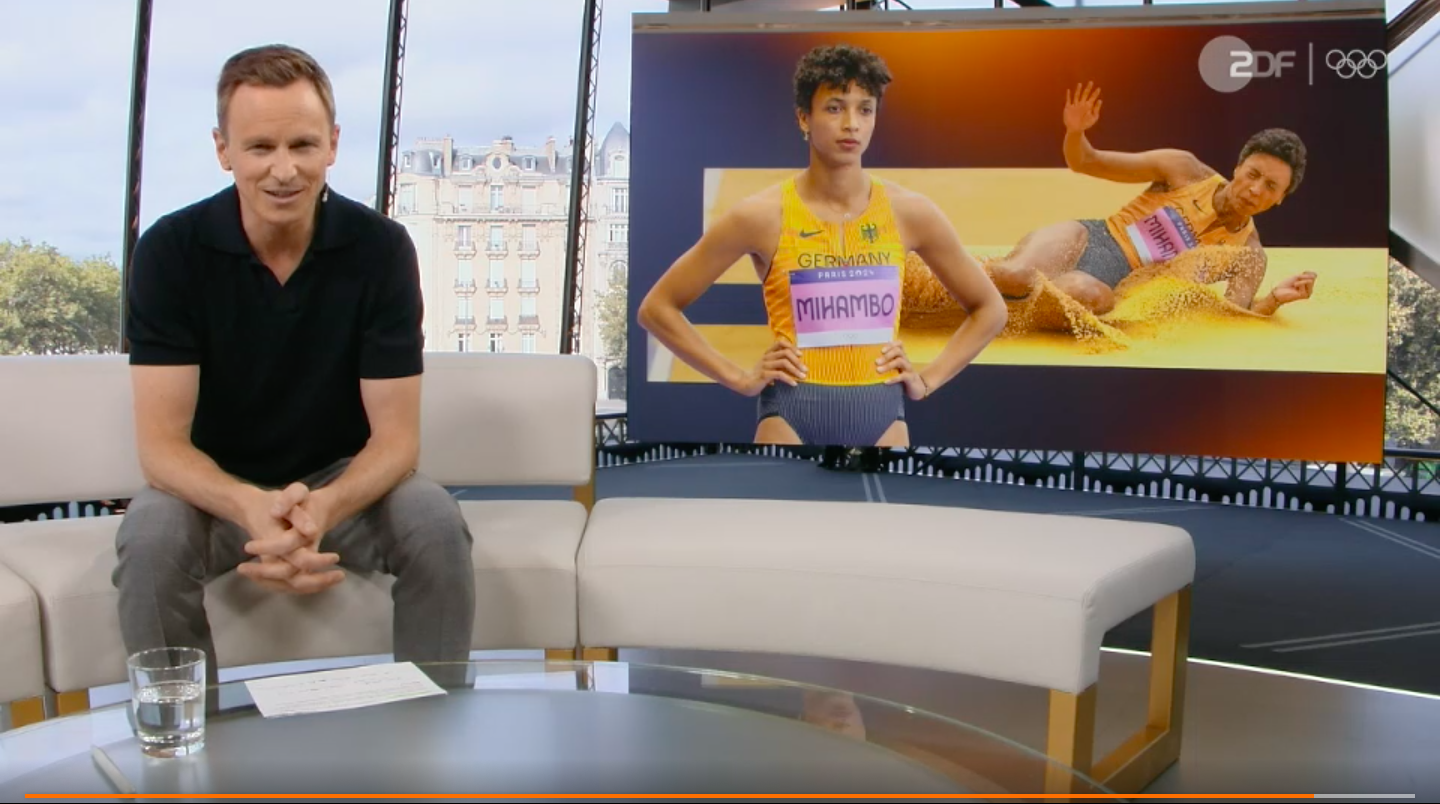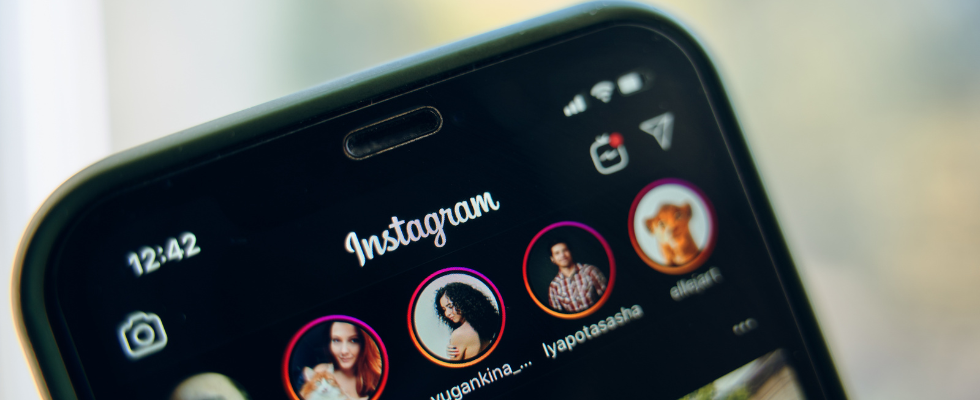ARD and ZDF provided 240 hours of live coverage of the Summer Games in Paris from July 26 to August 11. Eurosport 1 also offered viewers live Olympic highlights on free TV and simultaneously in the live stream from the media libraries. The pay-TV channel Eurosport 2 focused on broadcasts of the young trend sports, and all competitions were also available live and on demand on the discovery+ streaming service.
Shortly after the European Football Championship, interest in this event was also huge. In addition to the daily live broadcasts on the classic TV programs of ARD and ZDF, the audience expected around 1,500 hours of live streams online in the media libraries of the two broadcasters. 16 Olympic days with an uninterrupted sequence of extraordinary top sporting performances – that must have pushed even passionate sports fans to the limits of their absorption capacity.
The ratings hit of the first week: the hard-fought quarter-final match between the German women’s soccer team and Canada. Almost six million viewers watched the 4:2 victory after a penalty shootout. Other team competitions such as handball and volleyball also thrilled millions of sports fans. The dramatic last-second victory of the German men’s handball team in the quarter-final against France was epic. The athletics competitions were also very popular with fans, with regularly more than eight million viewers and TV market shares of over 30 percent. There were thrills even in the technical disciplines: for example in the discus throw, where the Jamaican Roje Stona won gold, completely surprising most experts.
Thrills and misfires
The broadcasters were not always up to date with the sporting events. ZDF, for example, often unexpectedly faded out at dramatic moments and completely insensitively switched to Mainz, advertising and news. This was the case during the dramatic semi-final between the German 3×3 women’s basketball team and Canada, when – just 25 seconds before the decision – it suddenly said: And now for the “Today” news. What an anti-climax! The final fifth set of the exciting volleyball quarter-final between Germany and France was also served with a time delay after an interruption. A practice that was only hesitantly corrected after a shitstorm on social media.
The image direction of the Olympic Broadcasting Service (OBS) occasionally caused discontent. During the group match between the German women’s soccer team and the USA, the direction repeatedly showed cheering fans in the stands and refrained from slow-motion replays of controversial scenes. Apparently the idea was to create the impression of a wild soccer party. In reality, however, the stands in the Stade Vélodrome were sparsely filled. It is unfortunately common practice for organizers of major sporting events to resort to such maneuvers in order to avoid negative images. Which doesn’t make things any better.
Light and shadow in reporter performance
The two-week spectacle began with an exciting opening show – despite the constant rain. The fun was, however, severely spoiled by the verbal diarrhea of the ARD commentator duo Tom Bartels and Friederike Hofmann. They compensated for the lack of harmony between themselves with a flow of speech that flooded even the most moving moments of the celebration with banalities. Bartels’ behavior towards his colleague Hofmann, which oscillated between paternalism and mansplaining, was also unpleasant.
ARD reporter Dominik Vischner embarrassed himself by being openly sexist during an interview with swimmer Isabel Gose. She had just finished fifth in the 400-meter freestyle final with a new German record. This did not stop the ARD man from first asking her about her former boyfriend Lukas Märtens’ Olympic victory. Instead of showing Gose’s placing or the German record, the TV picture only showed “ex-girlfriend” under her name.
There were also other positives and negatives in the reporters’ performances. Live sport is a long time coming, and many a reporter succumbs to the temptation to stretch out his performance with a lot of useless Wikipedia knowledge. The fact that the report on air rifle shooting degenerated into a kind of weapons knowledge (“Janßen shoots with a Walther LG 500, her partner Ulbrich with a Feinwerkbau 900”) is probably more for specialists, but it is in keeping with the spirit of the times. And the fact that archery silver medalist Michelle Kroppen was introduced to the sport by her grandmother Anni (“she speaks Low German!”), while her mother Sandra “went to waitressing especially” to enable her daughter to attend the sports school in Jena, was perhaps not something anyone wanted to know.
The smile on the mare’s face
The verbal outpourings of the eternal ARD horse riding commentator Carsten Sostmeier are undoubtedly a matter of taste. “He dances through the castle park, he doesn’t ride,” he enthused about Michael Jung’s gold medal ride on Chipmunk. And he praised, with his voice almost breaking, “this perfect minuet of sensitive emotion and horsemanship that lets them float over the green here.” During the dressage riding, horse whisperer Sostmeier even thought he “recognized a smile on the face of the mare” Galera.
An identity-political sports “scandal” was also not to be missed in Paris. The example of the Algerian boxer Imane Khelif sparked a furious debate – especially on social media. Khelif was excluded from the 2023 World Cup because of a controversial gender test (she allegedly had elevated testosterone levels), but in Paris she was allowed to compete due to IOC rules (only the information in the passport counts). For some media, this was a godsend to once again descend into the depths of an unsavory culture war. A bitter aftertaste remains.
No major sporting event is complete without a passionate commitment to sustainability. The organizers of Paris promised the “greenest games” ever – compared to London 2012 or Rio 2016, CO2 emissions would be halved. A worthwhile research task for committed climate reporters, you would think. The intercontinental air traffic of the Olympic family and its fans alone is likely to leave massive fossil footprints. Visitors to Paris should also forego a swim in the Seine for the time being.

